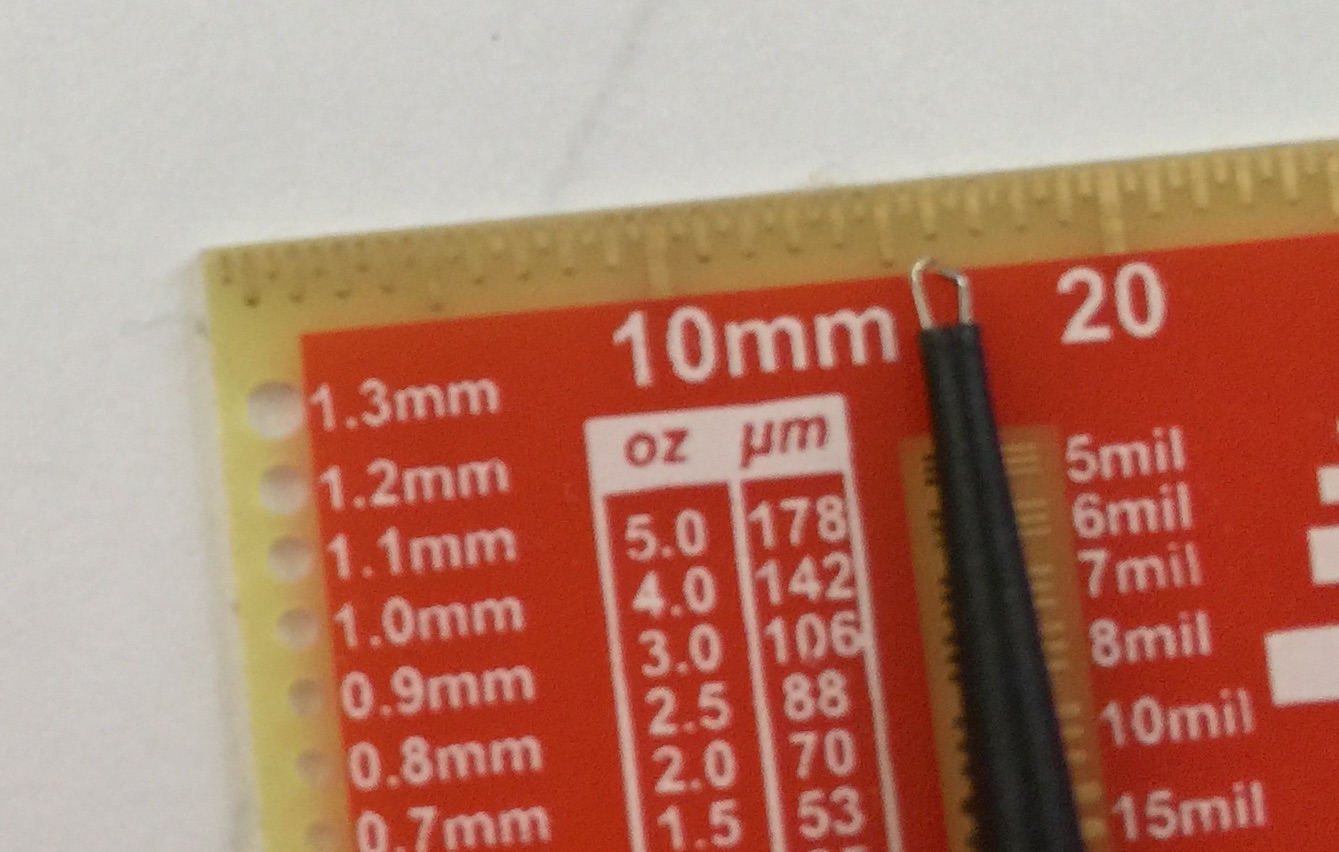
I’ve written briefly in the past about the Saleae 8 Logic Analyzer. The Saleae comes with some traditional grabbers that connect your logic analyzer to the pins and wires of whatever it is you’re working on.
The grabbers work fairly well with chips that have a 1mm pin pitch. They also work well if you spend the time to solder debug/trace wires to your PCB. However, they’re useless when dealing with pin pitches smaller than 1mm which is all too common these days. In short, the grabbers are great for eeproms but completely impractical for use with tuners, demodulators and USB or PCIe bridge devices.
Note to self: I should probably source some finer pitch grabbers.

When I’m working on something and I don’t want to break out the soldering iron in order to tack down trace or debug wiring, here’s a trick I occasionally use. Its handy when dealing with .5mm and .25mm IC’s. Woah, hold on, I can’t see a thing in your picture - I hear you say.

Here’s a better shot. I’ve attached a pin to each grabber and I’m using the tip of each pin, which is roughly .4mm to touch the pins on the IC that I’m interested in probing.
The technique is awkward, risky and error prone but frequently a time-saver and the only practical option. I generally only use it for doing quick I2C bus captures, where I can repeat the process multiple times until I get a clean capture. You’ll need three hands, two to hold the probes, a third to hit the record button in the logic analyzer software.
Note to self: Build a custom application that samples the microphone audio input, here’s me shout “NOW” across the room then automatically starts or stops the software.
If you try this pin technique then expect to spend 15 minutes doing multiple attempts, but its handy and useful if you can’t solder debug wires into fine pitch pins, or just need a quick and simple verification on some bus logic.
Fair warning: This technique adds unwanted capacitance to the bus that I’m debugging. Hence, I only use it with slower speed signals (less than 2MHz).
Use this technique with caution as you may accidentally short two neighboring pins and damage your IC.
Copyright © 2025 Steven Toth